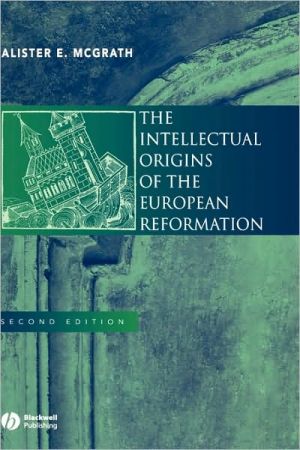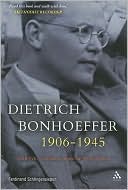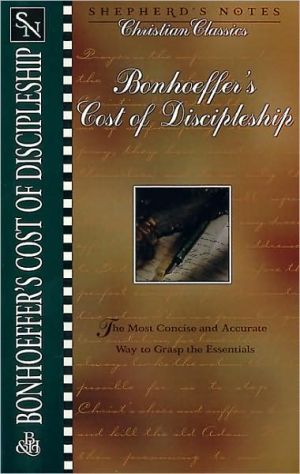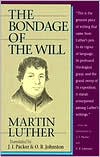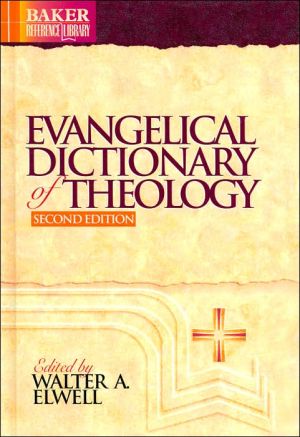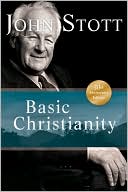Intellectaul Origins Of Europe
The sixteenth-century Reformation remains a fascinating and exciting area of study. The revised edition of this distinguished volume explores the intellectual origins of the Reformation and examines the importance of ideas in the shaping of history.\ \ \ Provides an updated and expanded version of the original, highly-acclaimed edition.\ Explores the complex intellectual roots of the Reformation, offering a sustained engagement with the ideas of humanism and scholasticism.\ Demonstrates how...
Search in google:
The sixteenth-century Reformation remains a fascinating and exciting area of study. The revised edition of this distinguished volume explores the intellectual origins of the Reformation and examines the importance of ideas in the shaping of history. Provides an updated and expanded version of the original, highly-acclaimed edition. Explores the complex intellectual roots of the Reformation, offering a sustained engagement with the ideas of humanism and scholasticism. Demonstrates how the intellectual origins of the Reformation were heterogeneous, and examines the implications of this for our understanding of the Reformation as a whole. Offers a defence of the entire enterprise of intellectual history, and a reaffirmation of the importance of ideas to the development of history. Written by Alister E. McGrath, one of today’s best-known Christian writers.
PrefaceAbbreviationsIntroduction1Pt. 1The Intellectual Context91The Shape of Late Medieval Religious Thought112Humanism and the Reformation343Late Medieval Theology and the Reformation67Pt. 2Sources and Methods1174Scripture: Translation, Text, and Tradition1195The Interpretation of Scripture1486The Patristic Testimony167Conclusion: The Intellectual Heterogeneity of the Early Reformation182Notes190Select Bibliography254Index273
\ From the Publisher"A significant study for those with a serious interest in Reformation thought." Reformed Theological Journal\ \ \
